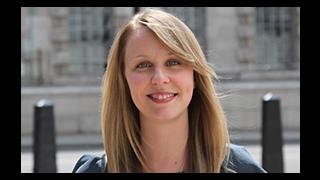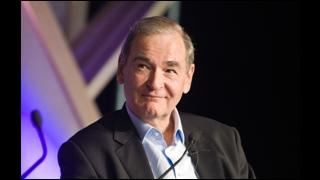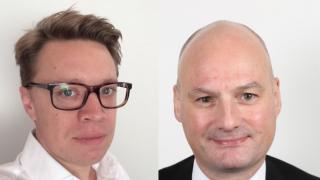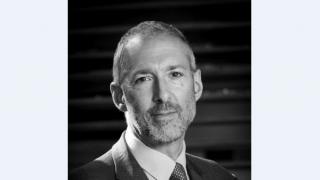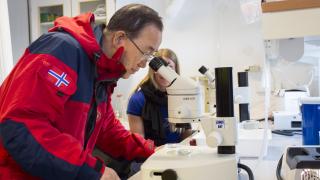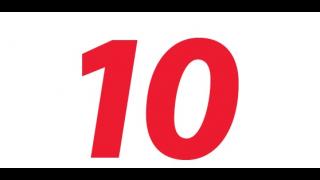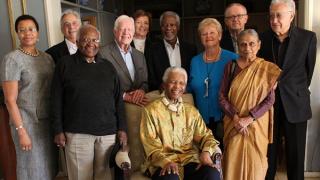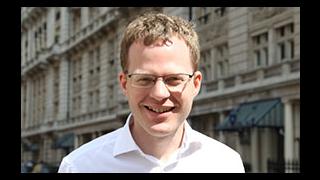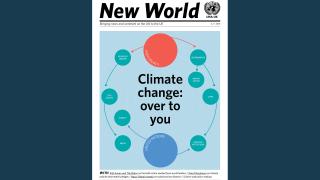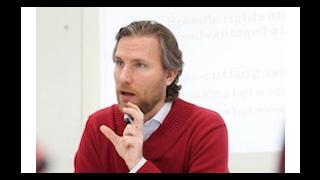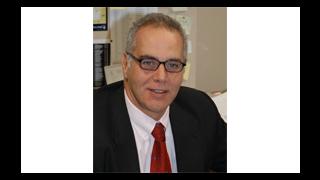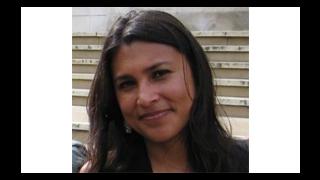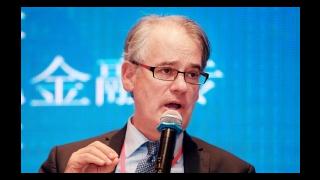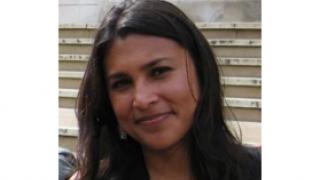
Pope Francis, in his recent speech at the UN, expressed: “every creature, particularly a living creature, has an intrinsic value, in its existence, its life, its beauty and its interdependence with other creatures”. Nevertheless, the world has been experiencing unprecedented global warming. The UN’s Intergovernmental Panel on Climate Change, in its Fourth Assessment Report, concluded that there is more than 90 per cent probability that human activities over the past 250 years have warmed our planet.
Increased flooding and droughts will have an effect on everyone but it also disproportionally affects, directly and indirectly, the lives of the world’s poorest people. The UN Office of the High Commissioner for Human Rights has stated that climate change “threatens the full and effective enjoyment of a range of human rights including the rights to life, water and sanitation, food, health, housing, self-determination, culture and development”. If we remain apathetic, these communities are condemned to live in a perpetual circle of poverty, which will force them to migrate or flee en masse to the cities and/or abroad.
By creating the link between the environment, inequality and poverty, Pope Francis poses serious questions about the current neo-liberal development policy implemented in developing nations: “political and economic activity is only effective when it is understood as a prudential activity, guided by a perennial concept of justice”.
Indiscriminate deforestation, pollution and over exploitation of natural resources are the prices we have paid for development and economic growth; however, in reality, this has resulted in little or no benefit to the poorest in society. Pope Francis reflected on this: “a selfish and boundless thirst of power and material prosperity leads both to the misuse of available natural resources and to the exclusion of the weak and disadvantaged”. The message is clear: we must change society’s values, attitudes and behaviours in order to care for the environment and for humanity – it cannot just be about profits.
In June 2015, in his Encyclical Laudato Si: On care for our common home, Pope Francis detailed his concerns about climate change, its effect on the environment, inequality and poverty. Pope Francis also made it clear that the destruction of the planet is "a sinful act, akin to self-idolatry". This message has not fallen on deaf ears: a recent US study concluded that the Pope’s engagement on climate change has contributed to an increase in public engagement on the issue. They referred to this as "the Francis effect".
Pope Francis’ message promises to reinvigorate the climate change discussion by including inequality and poverty in a debate that has often been taken over by economic interests. His principled stance has had strong echo within the Catholic movement, allowing the Church to re-engage with its followers and show a driven leadership on this specific area. His message also has the potential to bring together other faith communities to tackle these problems.
However, in spite of "the Francis effect", these efforts can only be sustained and grow over time with the participation of all sectors in society. Hatred, greed and wars can be overcome if we work together in partnership and use our expertise and skills for the common good. It is in all our interests to redress the present inequalities that have fuelled conflicts, which in the end affects us all. As Pope Francis stated, “we human beings are part of the environment. We live in communion with it, since the environment itself entails ethical limits, which human activity must acknowledge and respect…Any harm done to the environment, therefore, is harm to humanity”.
Lizzette Robleto de Howarth is Head of Policy at Progressio (Progressio is the working name of the Catholic Institute for International Relations (CIIR), an ECOSOC-registered international development NGO)

